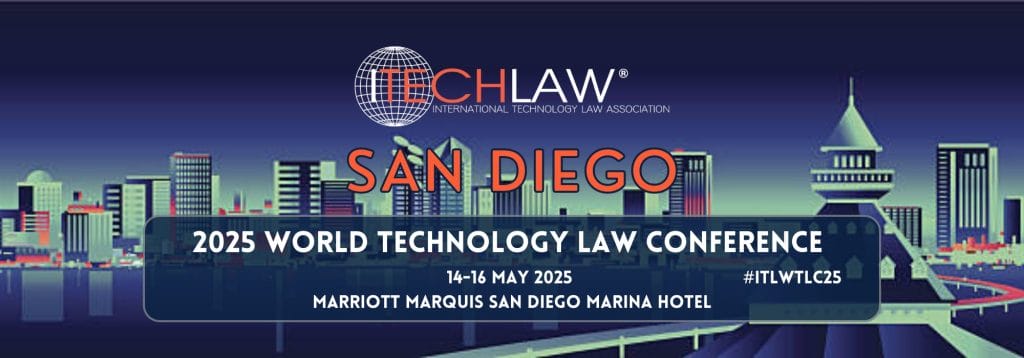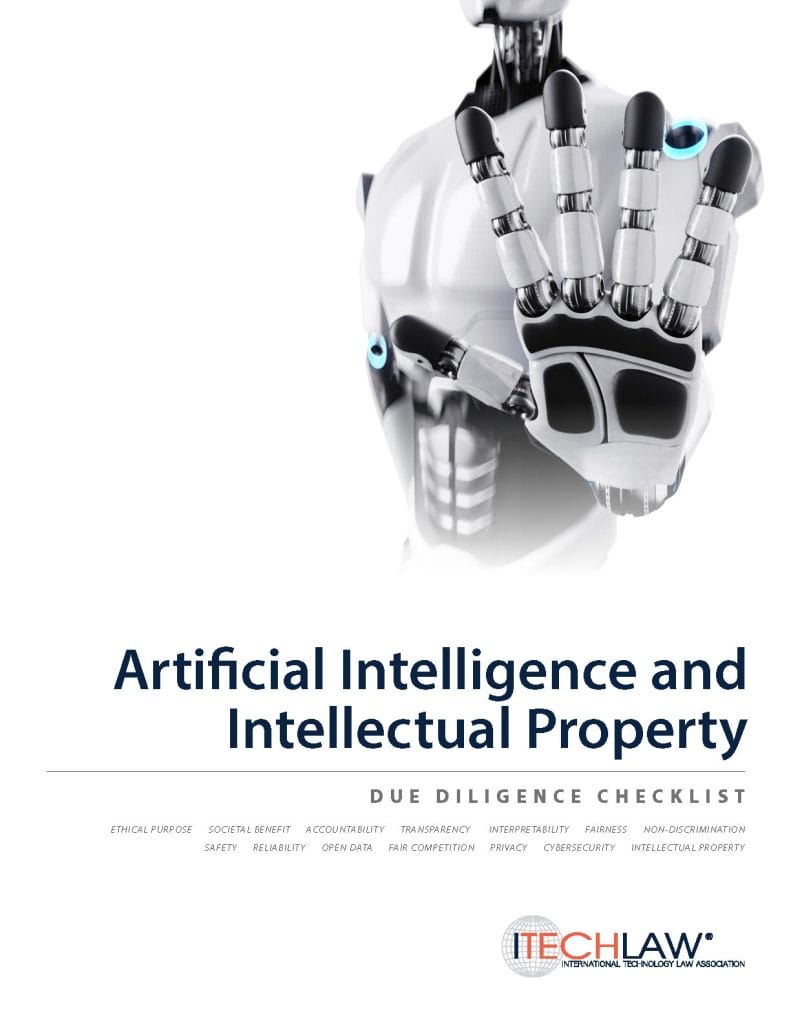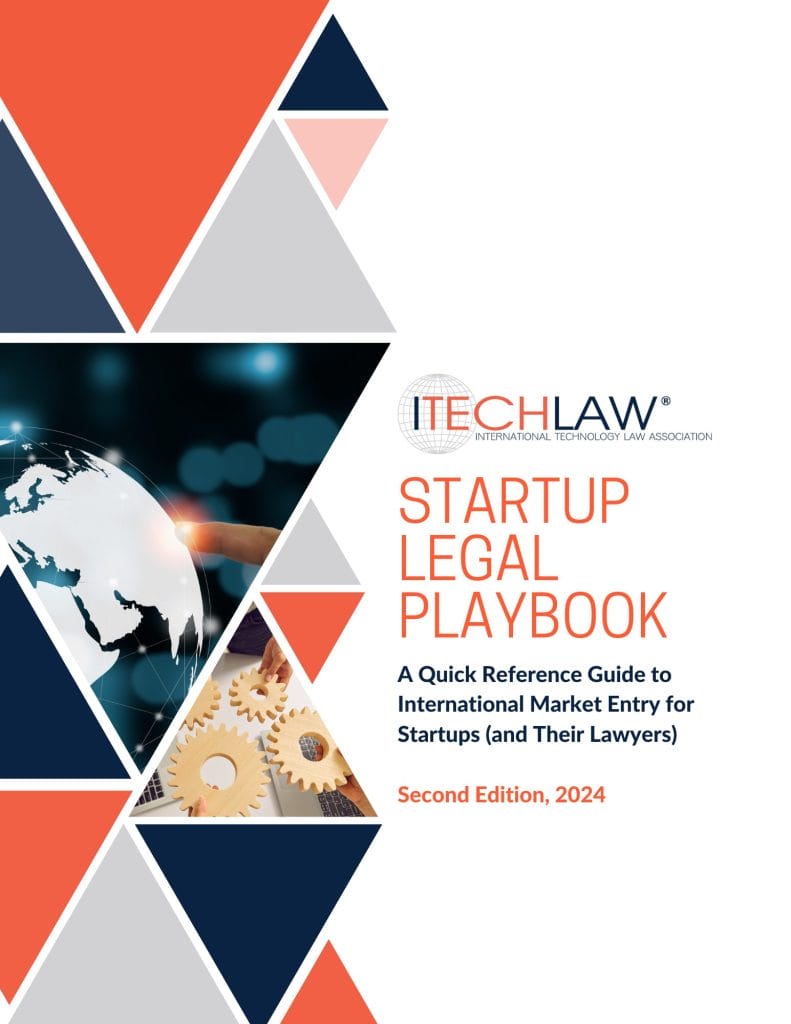ITechLaw Members Contribute to Major New Report on the Governance of Covid-19 Contact Tracing Technologies
McLean, VA: Over twenty members of the International Technology Law Association (ITechLaw) have contributed to a major new international report on the responsible governance of COVID-19 contact tracing technologies, published by the Human Technology Foundation (HTF). The new report, Technology Governance in a Time of Crisis, written by a multi-disciplinary team of 45 technicians, lawyers, and ethicists from 13 different countries, develops a detailed framework of analysis of the components of effective technological governance in times of crisis.
The Covid-19 pandemic has highlighted a two-fold observation. On the one hand, our many technological advances did not prevent us from being hit hard by the virus. On the other hand, political decision-makers, business leaders and citizens, spontaneously turned to technology to find solutions to the global public health crisis. While the pandemic has forced a major global suspension of a wide range of economic activity, our rapid adaptation to teleworking and our increased reliance on the digital economy has helped alleviate some of our most pressing economic and public health challenges. However, in our ongoing efforts to open up the economy even further, the use of social-distancing surveillance, symptom diagnosis and contact tracing technologies raise not only privacy concerns, but also a range of other legal and ethical challenges, including issues of accessibility, transparency, fairness, and non-discrimination.
At a practical level, the effectiveness of many of these new tools is reliant on their assiduous use and their broad social acceptability. But many people are reluctant to use them at all. This raises a fundamental question: how can such technologies be deployed in a manner that will help ensure that their users feel empowered and reassured, rather than feeling powerless and surveilled. The answer to these many challenges proposed by the authors of the HTF report Technology Governance in a Time of Crisis lies in the implementation of effective and participatory technological governance.
The HTF report is comprised of three parts. The first part explores the importance establishing an accurate frame of reference when assessing the societal implications of this unprecedented public health crisis. The second part conducts a deep dive on the various underlying technologies that are being deployed worldwide, as well as the governance implications of these technological choices. The third part sets out a methodology for implementing effective participatory governance, which includes a multi-factor risk impact assessment tool. The result is an in-depth and practical guide for public and private sector decision-makers who are assessing and implementing such technologies in a time of crisis.
“ITechLaw would like to thank the Human Technology Foundation, its organizational partners and the many ITechLaw members who contributed their time and expertise to develop this very important and timely report,” says Charles Morgan, President of ITechLaw and Partner at McCarthy Tétrault LLP in Montréal. “The global pandemic has unleashed an unprecedented public health and economic crisis. The HTF report Technology Governance in a Time of Crisis” tackles the technological, ethical and legal implications of deploying COVID-19 contact tracing technologies through the practical lens of good governance.
The full report, as well as a summary of the report can be downloaded in English and French via the ITechLaw website. Included in the full report is a multi-factor risk impact assessment tool, prepared by the participating ITechLaw contributors, which is available for download in English, French, German and Italian, as well as a detailed summary of the ITechLaw contributors’ “key findings” as regards each of the technologies under review.
For ITechLaw media inquiries contact:
Kathy Bradley, (703) 506-2027
kbradley@itechlaw.org




